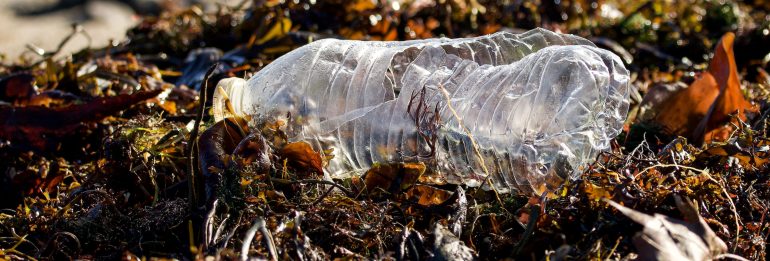The world is taking its fight against plastic pollution to the courts, but the road ahead is fraught with challenges.
In a world drowning in plastic, the courts have become the latest battleground in the fight against pollution. While individuals and communities rally against the overwhelming effects of plastic waste, manufacturers and businesses are pushing back, creating a complex web of legal skirmishes spanning the globe.
UN Voices Concern over Plastic's Threat to Human Rights
Recently, two UN special rapporteurs sounded the alarm on the impact of plastic pollution on human rights. Their stark warning highlighted the "toxic tidal wave" of plastics posing threats to both the environment and humanity. Their message was clear: urgent action is needed.
While numerous countries have implemented bans on single-use plastic bags and other items, the efforts have been insufficient to address the magnitude of the problem. Even the promise of a UN treaty on plastic pollution is uncertain to deliver any immediate transformative change.
A Global Legal Showdown
In the face of disappointing governmental responses, civilians are resorting to litigation. Recent academic studies shed light on an array of lawsuits spanning over 30 countries.
In the Philippines, a group has sought the supreme court's intervention in holding the government accountable for enforcing solid waste management laws. Meanwhile, a Māori community in New Zealand is contesting the expansion of a significant water plant, arguing the potential impacts of plastic pollution weren't adequately considered.
In the U.S., Texas residents secured a US$50 million settlement against companies responsible for polluting their waterways with plastic pellets. Such victories underscore the growing demand for businesses and governments to address plastic pollution more aggressively.
However, the legal battles are far from one-sided. Business entities, including plastic manufacturers and retailers, are mounting counter-offensives. These groups are challenging the legality of plastic restrictions, citing economic losses and disputing the scientific basis for such measures.
Courts at the Crossroads
The courts find themselves at the epicenter of the plastic tug-of-war. Recent events in Mexico, where the supreme court deemed Oaxaca's ban on single-use plastics unconstitutional, demonstrate the potential sway of businesses in these legal confrontations. Such rulings not only undo local efforts but also embolden other businesses to challenge environmental protection measures.
On the flip side, successful legal challenges against plastic pollution can embolden other local governments to adopt stricter measures. A ripple effect can ensue, fostering more significant global change.

Only awareness and understanding of the problem will lead to global environmental improvement
The Road Ahead: Balancing Progress and Dependency
While no country boasts a foolproof solution to plastic pollution, incremental efforts to limit single-use plastics offer hope. However, the road to a plastic-free world is paved with challenges, primarily due to society's deep-seated reliance on plastic products.
The legal battles underline a broader struggle: while there's undeniable momentum to combat plastic pollution, the world's dependency on plastics remains a formidable obstacle.
Undoubtedly, courts worldwide will continue to play pivotal roles in shaping the fight against plastic pollution. While advocates will champion stricter regulations, opponents will persistently challenge them. Amidst this tug-of-war, one thing remains certain: the battle against plastic pollution is far from over.
©GlobalCO2.uk





